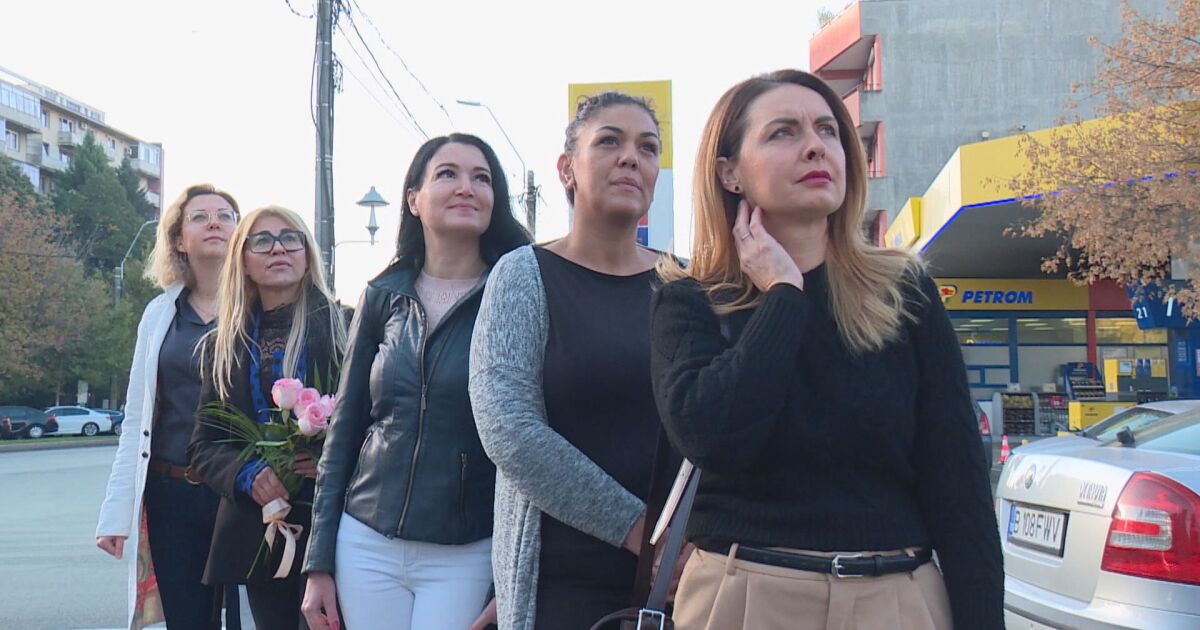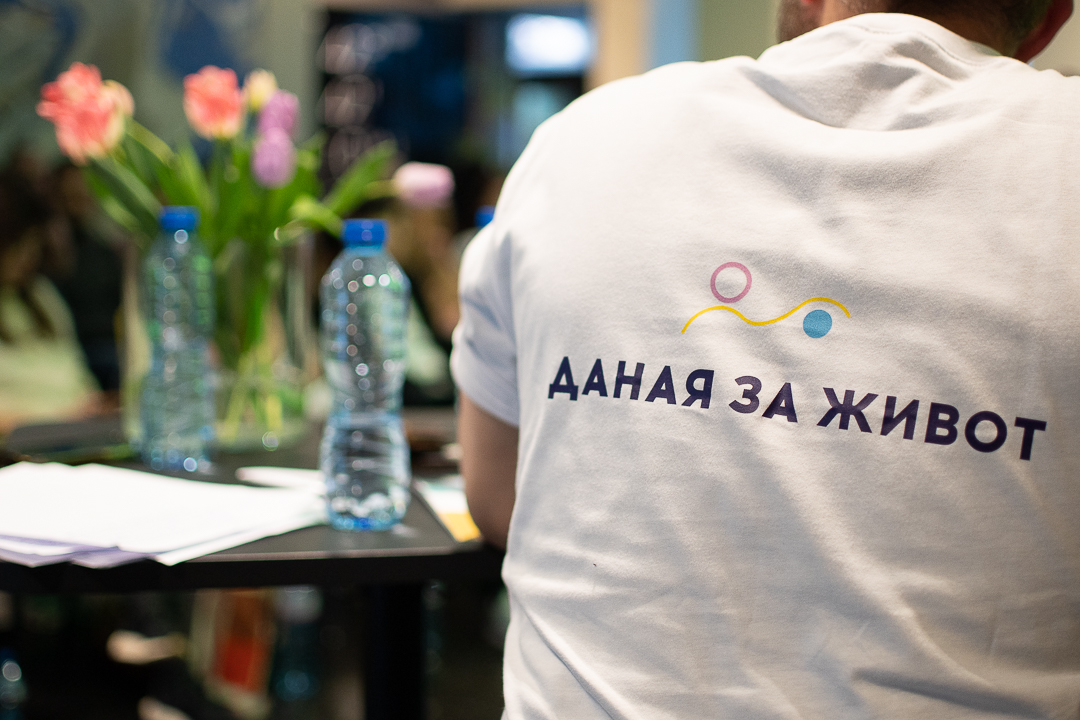HOW WE DRIVE CHANGE
Our primary focus is the child's interest
We aim for a systemic transformation in the work culture, communication, and values within the sectors of children's health and education. This change is designed to safeguard the interests of children, as well as their mental and physical well-being
Closeness to people and problems
A social innovation that allows working at the local level, facilitating constant feedback on issues across both sectors, promoting systematic collection of case studies and quantitative data and ensuring that these insights are forwarded to the relevant institutions
Addressing systemic deficiencies
Together with the entire civil society, we identify systemic issues and strive to find effective solutions
Improving the working conditions
of doctors, medical staff, teachers and school personnel
Communication and cooperation
between specialists, institutions and users (children and parents)
Introducing the best practices
proven from other European countries, we aim to enact necessary legislative and regulatory changes that will modernise practices in children's health care and education
WHAT REQUIRES URGENT DECISIONS
Children in Bulgaria face numerous systemic issues that are readily addressable. The country significantly lags behind other European nations in child care, evidenced by high rates of child and maternal mortality, mental health issues among children, unhealthy eating habits, inadequate physical activity, and social undesirable behaviours such as alcohol and cigarette consumption. At the same time, nearly half of the children in Bulgaria are functionally illiterate, a rate nearly twice as high as in other European countries. Addressing these challenges necessitates a close collaboration between the health and education sectors.
Child mortality
Child mortality in Bulgaria is alarmingly high at 175% of the EU average, ranking the country first in this tragic indicator. Additionally, Bulgaria occupies a leading position in preventable mortality rates.
Health status and prevention
40% of 11-year-old children in Bulgaria experience multiple health issues weekly. Additionally, 38% of children at this age do not consume fruits or vegetables on a daily basis. Only a quarter of 11-year-olds in Bulgaria engage in an hour of physical activity daily. Moreover, Bulgarians have a life expectancy that is, on average, 7 years shorter than that of other European citizens (Data from WHO, 2018).
Mental health
33% of 11-year-old children in Bulgaria suffer from anxiety and sleep disorders, and over 15% are involved in school bullying and cyberbullying of other children. Bulgaria holds the unfortunate distinction of ranking first in the EU for children's consumption of alcohol, cigarettes, and cannabis. Only 44% of these children feel supported by their families, and just 40% feel support from their peers, placing Bulgaria firmly at the bottom of the EU for both indicators.
Basic knowledge
PISA test results rank Bulgaria last in the EU, revealing that 40% of ninth graders in the country are functionally illiterate in fundamental subjects, including natural sciences, mathematics, and reading comprehension.
MEDIA ABOUT US
In Greek mythology, Zeus became transformed into rain to get Danaya's love. What is more purifying than the rain! In this foundation, the fight is for hope, for the future, for dignity in the name of the children and their parents. I am always on the side of hope!










